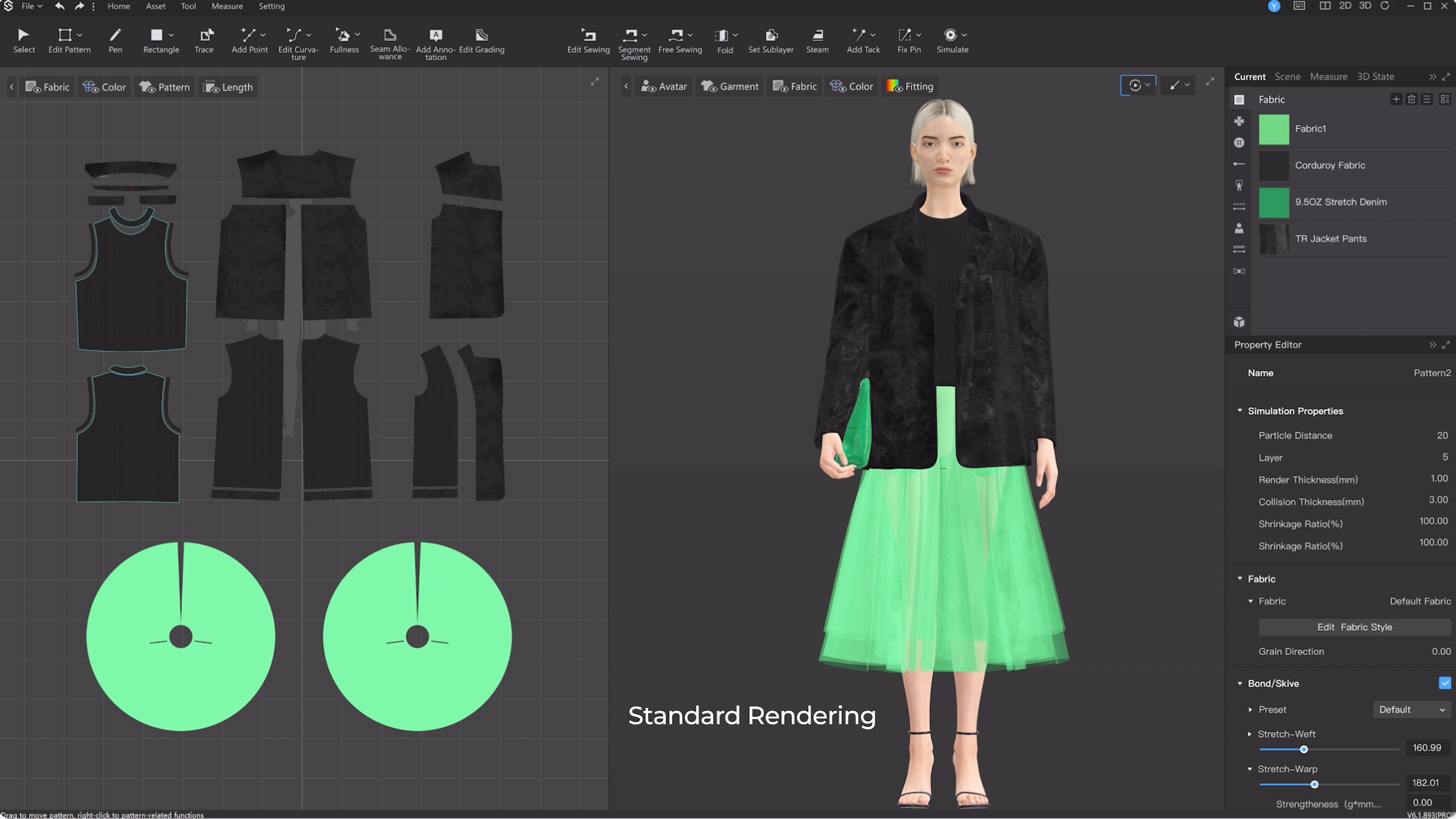The Future of Fashion: How Artificial Intelligence is Revolutionizing the Industry
In recent years, the fashion industry has witnessed a significant transformation, thanks to the integration of Artificial Intelligence (AI). This cutting-edge technology is not just a buzzword; it’s a game-changer that’s reshaping how designers create, manufacturers produce, and consumers shop.
AI in Design and Prototyping
One of the most exciting applications of AI in fashion is in the design and prototyping phase. Traditionally, creating a new garment involved numerous sketches, physical prototypes, and countless hours of manual labor. However, with AI-powered tools like those offered by Style3D, designers can now create digital prototypes in a fraction of the time. These tools use machine learning algorithms to predict how different fabrics will drape and move, allowing designers to experiment with various materials and styles virtually before committing to a physical prototype.
Personalized Shopping Experiences
AI is also revolutionizing the way consumers shop for fashion. Online retailers are leveraging AI to offer personalized recommendations based on a customer’s browsing history, purchase behavior, and even body measurements. This level of personalization not only enhances the shopping experience but also reduces the likelihood of returns, which is a significant issue in the e-commerce sector.
Supply Chain Optimization
Another area where AI is making a substantial impact is in supply chain management. By analyzing vast amounts of data, AI can predict demand more accurately, optimize inventory levels, and even suggest the most efficient shipping routes. This not only reduces costs but also minimizes waste, making the fashion industry more sustainable.
Virtual Try-Ons and Augmented Reality
Virtual try-ons and augmented reality (AR) are becoming increasingly popular, thanks to AI. Consumers can now see how a garment will look on them without ever stepping into a fitting room. This technology uses AI to map the user’s body and superimpose the clothing item in real-time, providing a realistic preview. This innovation is particularly beneficial for online shoppers who want to ensure a perfect fit before making a purchase.
Ethical Considerations
While the benefits of AI in fashion are undeniable, it’s essential to consider the ethical implications. Issues such as data privacy, job displacement, and the environmental impact of AI technologies must be addressed to ensure that the industry evolves responsibly.
In conclusion, Artificial Intelligence is not just a trend; it’s a transformative force in the fashion industry. From design and prototyping to personalized shopping and supply chain optimization, AI is enabling brands to innovate and meet consumer demands more effectively. As we move forward, it’s crucial to balance technological advancements with ethical considerations to create a sustainable and inclusive future for fashion.
